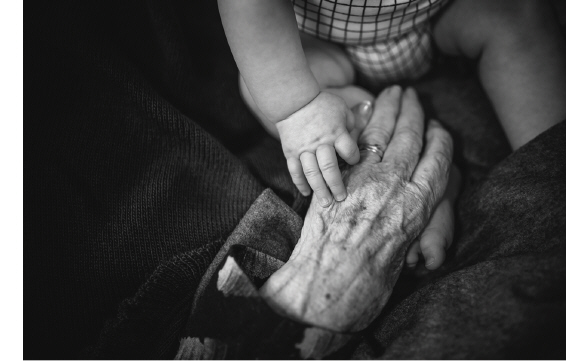Dying And Embodiment: The Body In Late Stages Of Life -- By: David W. Jones
Journal: Eikon
Volume: EIKON 03:1 (Spring 2021)
Article: Dying And Embodiment: The Body In Late Stages Of Life
Author: David W. Jones
Eikon 3.1 (Spring 2021) p. 104
Dying And Embodiment: The Body In Late Stages Of Life
David W. Jones is Professor of Christian Ethics, Senior Associate Dean of Graduate Studies, and Associate Dean of Theological Studies at Southeastern Baptist Theological Seminary.

Eikon 3.1 (Spring 2021) p. 105
It is not an unfair generalization to say that most people do not like to think or talk about death and dying. Indeed, doing so seems morbid or even macabre. In the modern context, most people rarely witness death and dying, as less than 20 percent of individuals in the United States die at home in the presence of family (this figure was nearly 90 percent at the turn of the twentieth century). Yet, Scripture encourages Christians to engage in introspection about death and dying (cf. Ps. 90:10–12) and the Bible teaches that living and making plans without considering the imminence of death is foolish (cf. Luke 12:16–21; James 4:13–15). Given the inevitability of death, as well as the aforementioned scriptural exhortations, we must learn — or perhaps relearn — to talk and to think about death and dying, and to do so well.
One of the consequences of our reticence to talk about death and dying is that many Christians do not have the theological categories and tools needed to think well about the human body in the late stages of life. Indeed, two common errors related to the body can be seen when believers talk about death and dying. First, some maintain that there exists an absolute moral obligation to extend physical life — that is, to keep the body alive — for as long as is technologically possible. Although this may sound altruistic, it runs the risk of confusing the always-moral divine duty to protect life (cf. Ps. 82:3–4), with the sometimes-sinful human desire to avoid death (cf. Heb. 2:15). While protecting life and avoiding death are not always (or even usually) at odds, when physical life is unduly treasured it can become an idol, which may result in prolonged bodily suffering of one who is irretrievably dying. For believers, death ought not be a technological fight to the finish, but a hopeful resting in Jesus.
Eikon 3.1 (Spring 2021) p. 106
A second error related to the body that arises in discussions about death and dying is the notion that the physical body is just a prosthesis used by the real self. This idea, which has gnostic origins, bifurcates the material and spiritual aspects of hum...
Click here to subscribe
